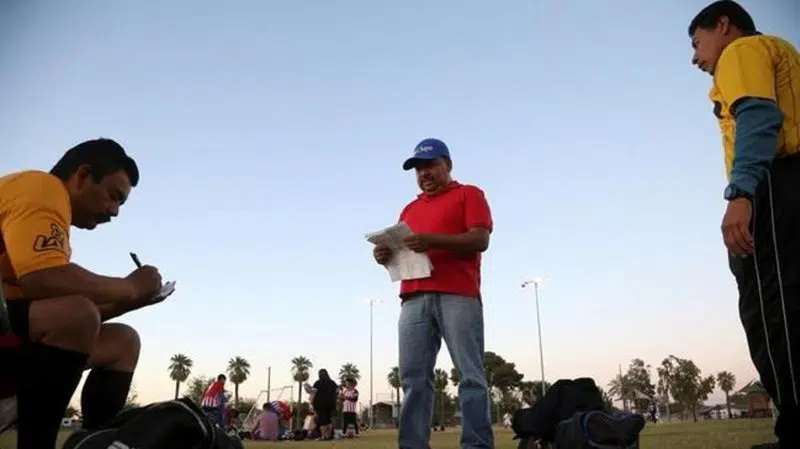
Crackdown on immigrants who use public benefits takes effect
PHOENIX — Pastor Antonio Velasquez says that before the Trump administration announced a crackdown on immigrants using government social services, people lined up before sunrise outside a state office in a largely Latino Phoenix neighbourhood to sign up for food stamps and Medicaid.
No more.
“You had to arrive at 3 in the morning, and it might take you until the end of the day,” he said, pointing behind the office in the Maryvale neighbourhood to show how long the lines got.
But no one lined up one recent weekday morning, and there were just a handful of people inside.
